Chandigarh, August 11, 2024:
In a significant legal development, the Punjab and Haryana High Court has rejected the anticipatory bail plea of a police officer accused of rape by his live-in partner. The Court, led by Justice Harpreet Kaur Jeewan, also dismissed a compromise deed between the couple, citing that it would contravene public policy as both individuals were already married to other people.
The case has attracted considerable attention due to the complexities involved, including the allegations of rape and the fact that both the accused and the complainant are in existing marriages. Justice Jeewan remarked, “The Court cannot stamp a live-in relationship inter se two married persons by granting them the concession of pre-arrest bail by way of accepting the present appeal. Polygamy is not permitted under the Hindu Marriage Act, 1955, and permitting such a relationship by allowing the appeal and granting the discretionary relief of anticipatory bail to the appellant would give a wrong signal to the society.”
The police officer had previously filed an appeal for anticipatory bail, which was dismissed on merits in February of this year. The trial court had also refused to grant pre-arrest bail on January 11. Following the dismissal of his first appeal, the accused moved the present appeal on the grounds of a compromise between him and the complainant. However, the State’s counsel opposed the appeal, highlighting the serious nature of the allegations and the fact that the accused was already married.
The Court, upon reviewing the case, noted that the compromise deed mentioned the complainant’s consent to the live-in relationship, initiated without any pressure due to her dissatisfaction with her marriage. The couple had been living together since April 2021 and had executed a live-in relationship deed on April 1, 2021.
Despite these details, the Court upheld its earlier decision to deny anticipatory bail, stating that accepting the compromise would go against public policy. The ruling further relied on the Supreme Court’s decision in Indra Sarma v. KV Sarma, where it was observed that such relationships, if sanctioned by the Court, could lead to grave injustice to the legally wedded spouses and their children.
Advocate SS Sahu represented the accused in court, while Deputy Advocate General Amrik Singh Narwal appeared for the State of Haryana. Advocate Shelja Sharma represented the complainant.
This ruling underscores the Court’s stance on upholding the legal sanctity of marriage and the principles enshrined in the Hindu Marriage Act, 1955.

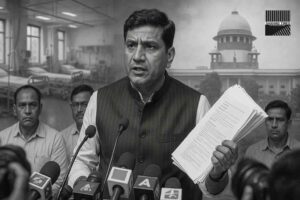



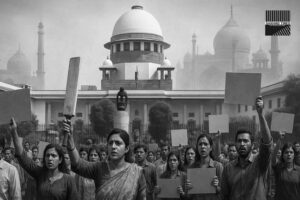





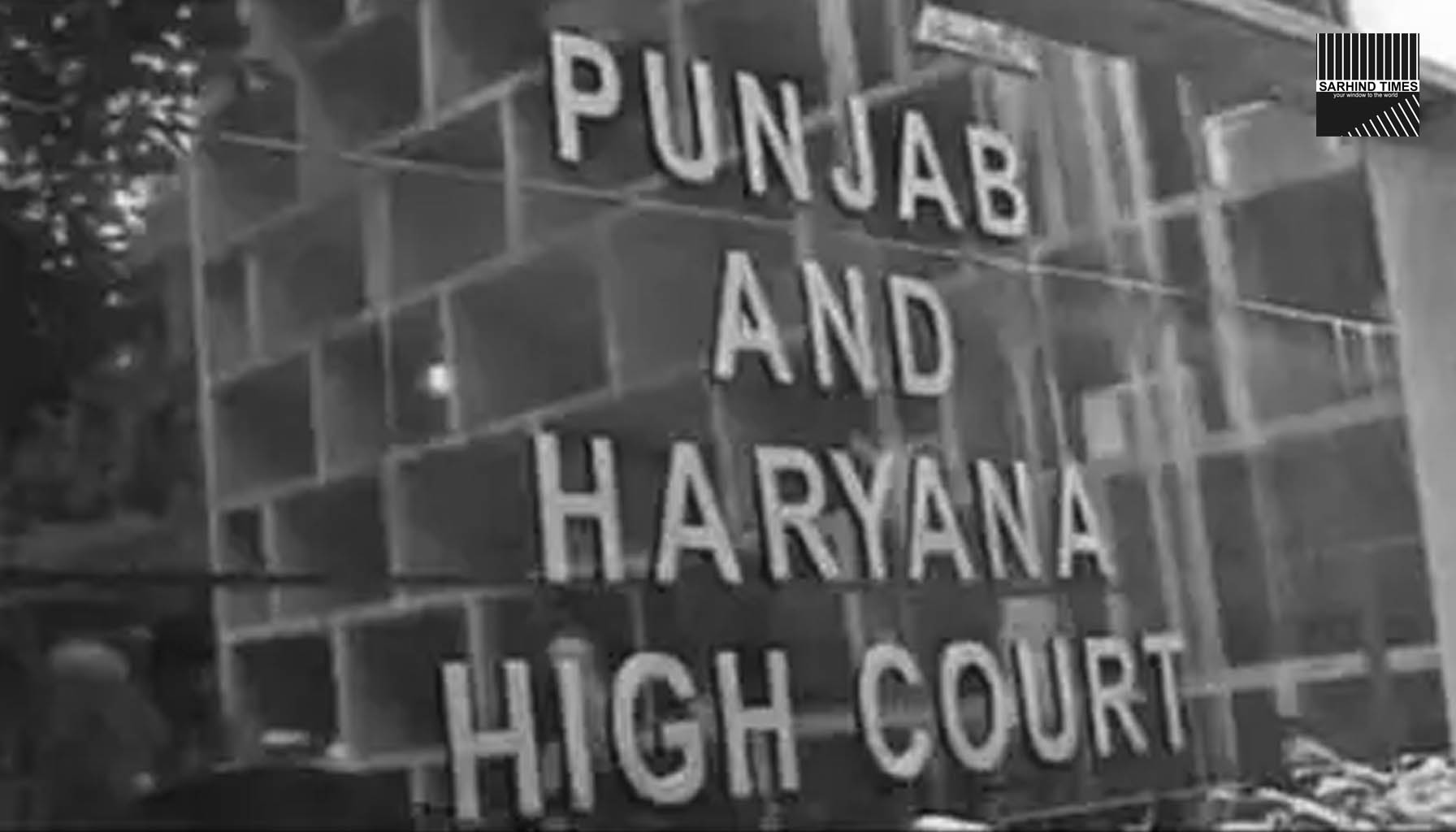
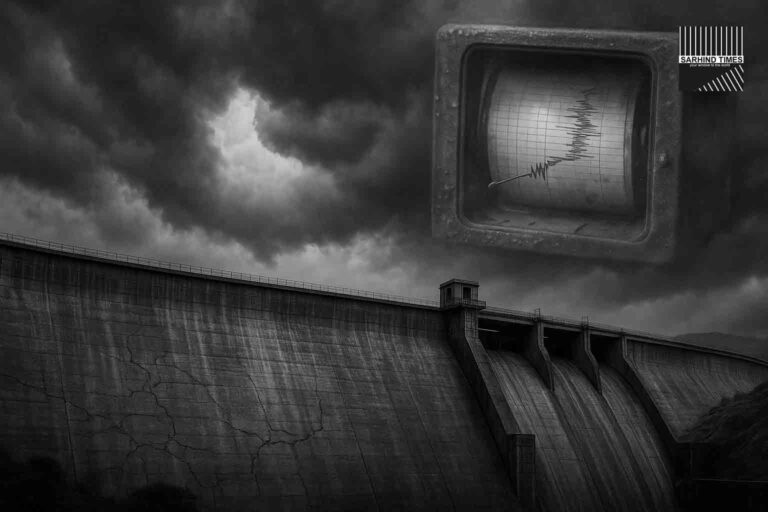
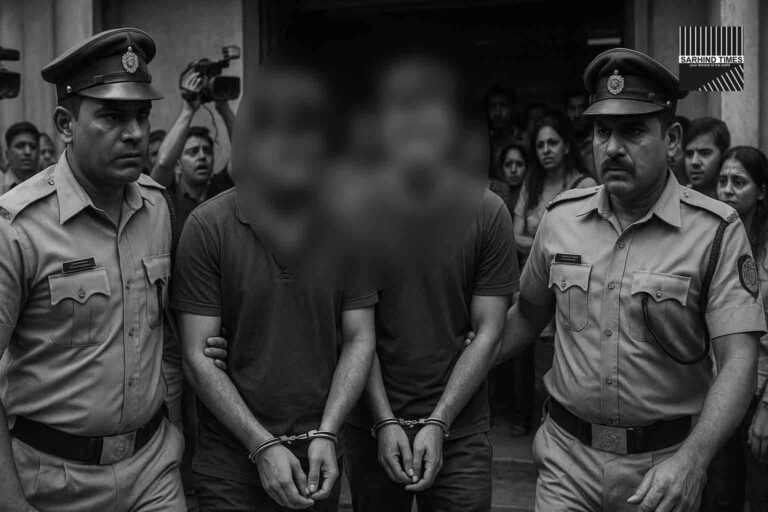

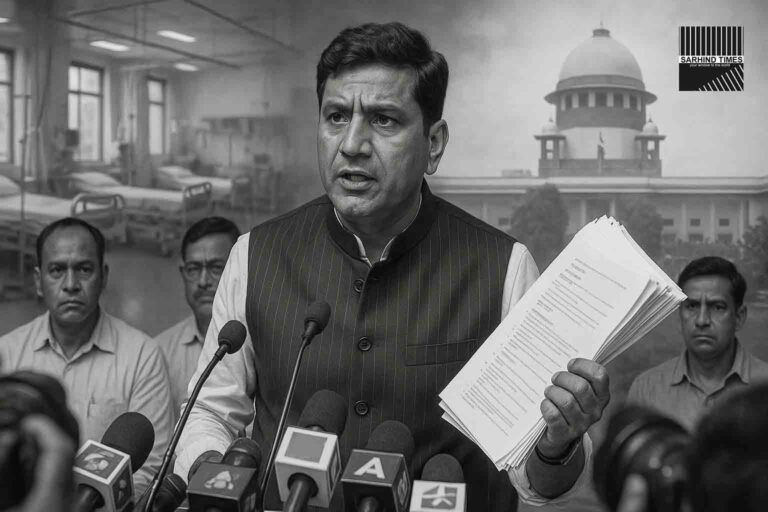

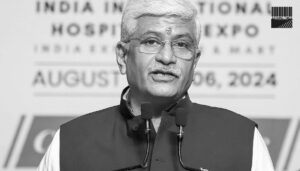

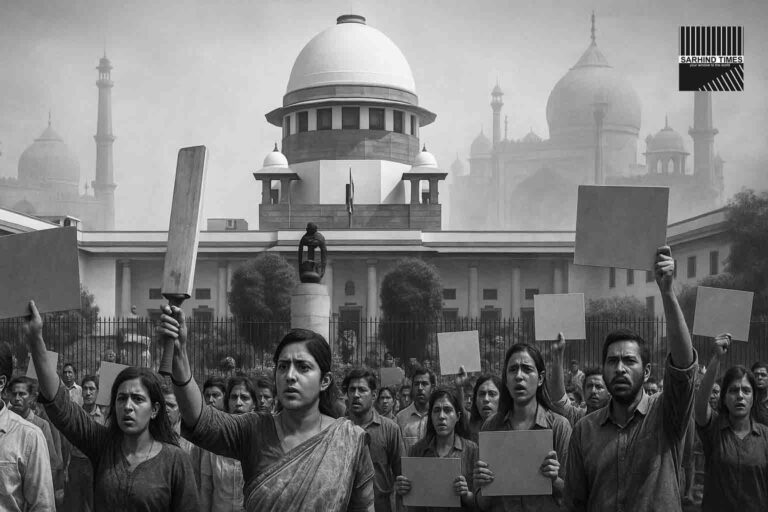

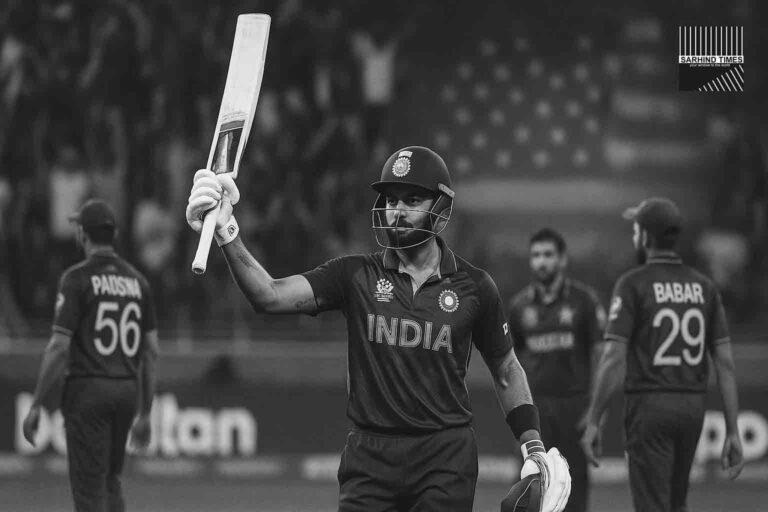
+ There are no comments
Add yours